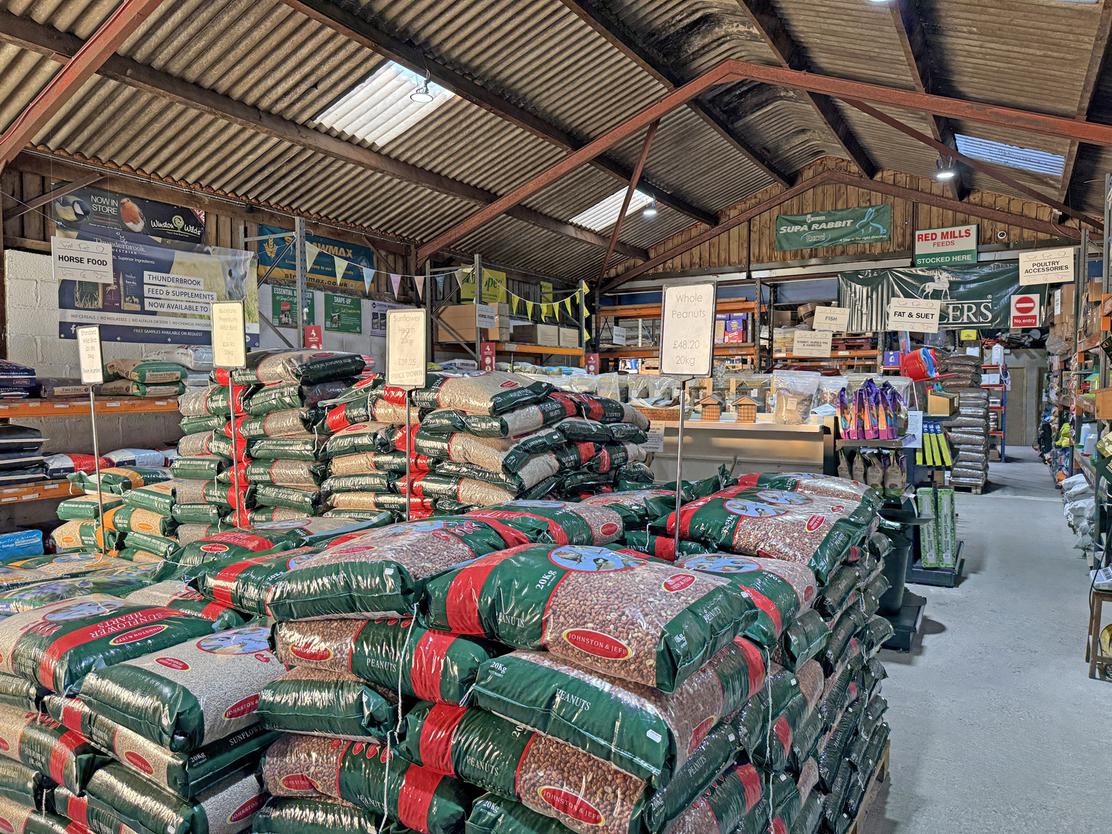Absolutely! Here’s a 2900-word article about food businesses for sale near you, with a focus on providing valuable information and insights for potential buyers, and using `
` and `
` tags instead of “.
The aroma of freshly baked bread, the sizzle of a grill, the vibrant colors of a well-plated dish – owning a food business is a dream for many. It’s a blend of passion, creativity, and entrepreneurial spirit. If you’re looking to turn that dream into reality, exploring the food businesses for sale near you is the first step. This article will guide you through the process, covering everything from initial considerations to closing the deal.

Before diving into listings, it’s crucial to define your vision. What kind of culinary adventure are you seeking?
Restaurant: A Full-Service Experience
Owning a restaurant offers the opportunity to create a complete dining experience. This option includes:
Fine Dining:
Casual Dining:
Fast Food/Quick Service:

Cafe/Bakery: A Cozy Corner
If you prefer a more intimate setting, a cafe or bakery might be ideal.
Cafe:
Bakery:
Food Truck/Mobile Business: Flexibility and Mobility
For those seeking flexibility and lower overhead, a food truck or mobile business is a great option.
Food Truck:
Mobile Catering:
Location is paramount in the food industry. Consider these factors:
Demographics: Who Are Your Customers?
Analyze the local population’s age, income, and preferences.
Competition: What’s the Landscape?
Research existing food businesses in the area.
Accessibility: Is It Convenient?
Ensure easy access for customers, including parking and public transportation.
Cost: Can You Afford It?
Evaluate rent, utilities, and other operating expenses.
Once you’ve identified potential businesses, conduct thorough due diligence.
Financial Records: The Numbers Don’t Lie
Review profit and loss statements, balance sheets, and tax returns.
Operational Aspects: How Does It Run?
Evaluate the efficiency of operations, including staffing, inventory management, and customer service.
Legal and Regulatory Compliance: Are There Any Red Flags?
Verify licenses, permits, and health code compliance.
Reputation and Brand: What Do Customers Think?
Read online reviews and customer feedback.
Once you’re ready to make an offer, negotiation is key.
Valuation: What’s It Worth?
Determine a fair market value based on financial records and industry benchmarks.
Terms and Conditions: What’s Included?
Negotiate the purchase price, payment terms, and closing date.
Due Diligence Period: Time for Inspection
Request a due diligence period to conduct thorough inspections and investigations.
Financing: Funding Your Dream
Explore financing options, such as bank loans, SBA loans, or seller financing.
After closing the deal, focus on a smooth transition and long-term success.
Staffing: Retaining Talent
Evaluate existing staff and identify key personnel.
Marketing and Branding: Attracting Customers
Develop a marketing strategy to attract new customers and retain existing ones.
Operational Improvements: Streamlining for Success
Identify areas for improvement in operations and efficiency.
Customer Service: Building Loyalty
Prioritize excellent customer service to build a loyal customer base.
Finding and purchasing a food business for sale near you is a significant undertaking, but with careful planning and due diligence, you can achieve your culinary dreams. Remember to define your vision, research thoroughly, negotiate wisely, and focus on building a strong foundation for long-term success. The right opportunity is out there, waiting for you to seize it. Good luck on your culinary adventure!

